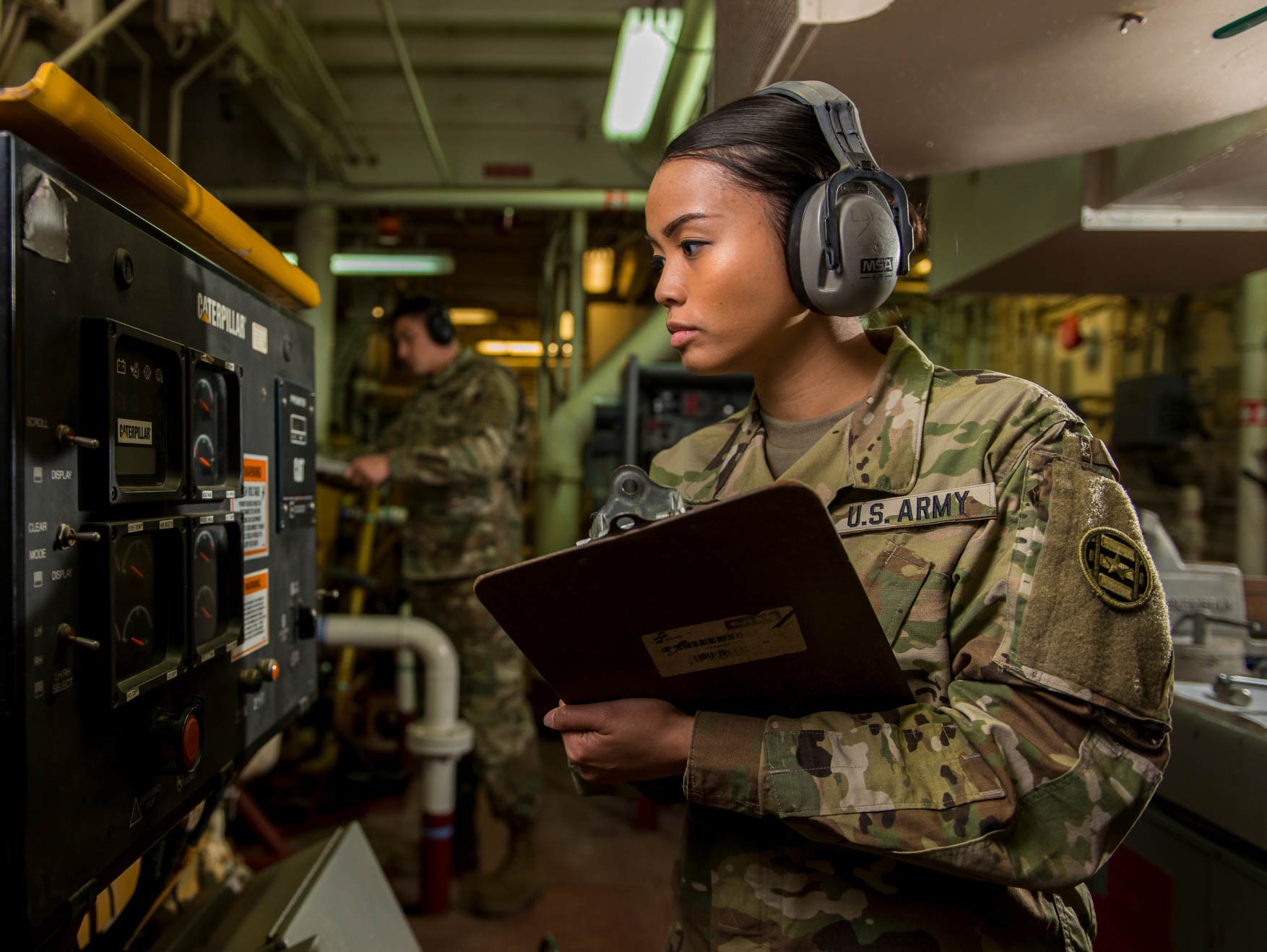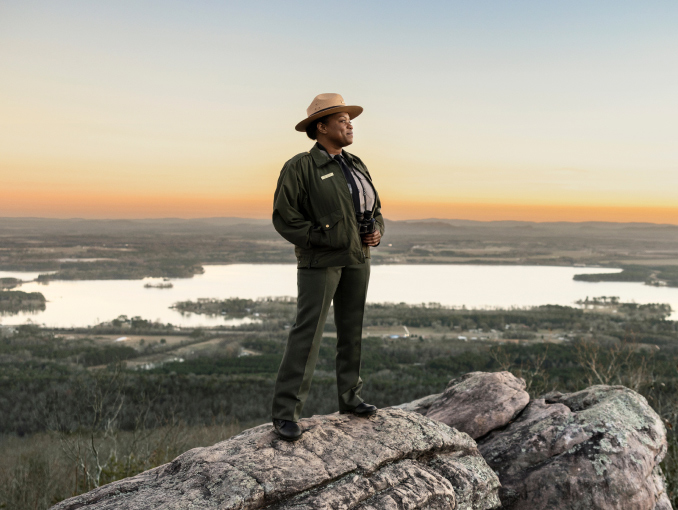Find Your Path
Pave the way for your future.
No matter your passions, goals, or skill sets, the Army will provide you with the tools and opportunities to create the future you want.

Be a go-to
Be a go-to
force in
force in
the Army.
the Army.
Become an enlisted Soldier.
Enlisted Soldiers train in their chosen career and are the doers making a difference every day. They make up 82% of the Army and are integral to the strength of the total Army.
Get a job right away.
Get hands-on training and real-world experience.
Specialize in a career field.
Learn to
Learn to
lead the
lead the
way.
way.
Become an Army Officer.
Army Officers make up 18% of the Army with 15% serving as commissioned Officers who plan missions and lead their teams to success. Warrant Officers fulfill the remaining 3% and serve as technical experts in their field.
Use your college degree.
Gain advanced knowledge and leadership skills.
Plan and lead missions.
See which path is right for you.
Compare the education requirements and benefits for each path.
| Requirements | Benefits | ||||||||||
| Career Path | High School Diploma | College Degree | Health Care | Money for College | Housing | ||||||
| Enlisted Soldier |
|
|
|
|
|||||||
| Army Officer |
|
|
|
|
|
||||||
Discover careers you never knew existed.
See all jobs available for enlisted Soldiers or Army Officers.
Army civilians
Army Civilians utilize skills and abilities that are critical to the success of the Department of the Army. With more than 500 career opportunities, you have a chance to do something you can't do anywhere else. You’ll work on confidential or high-impact projects, make an impact on society, and have a greater sense of purpose in your career.

Take the first step.
Common questions about Army paths.
Not finding what you need?
What are the main differences between enlisted Soldiers, Army Officers, and Army Civilians?
What are the main differences between enlisted Soldiers, Army Officers, and Army Civilians?
Enlisted Soldiers make up the majority of the Army. They have specific roles and specialties within a career field and unit. Officers act as leaders of enlisted Soldiers and other Officers. They may plan missions, give orders, and assign Soldiers to various tasks. Army Civilians are a workforce of talented, qualified people who work alongside Soldiers. They bring expertise and a unique capability to the Army that it may not already have or that may be in high demand.
Can I go from an enlisted Soldier to an Army Officer?
Can I go from an enlisted Soldier to an Army Officer?
Yes, an enlisted Soldier can become an Army Officer with further education, training, and by meeting specific requirements. A bachelor’s degree is the most basic requirement needed to become an Officer. The Green to Gold program is designed for enlisted Soldiers to go to college while they serve, earn their degrees, and become Officers.
Enlisted Soldiers can also become Warrant Officers—those who serve as a technical experts and advisors. They must first serve two years and demonstrate unparalleled technical skills to earn a place in Warrant Officer Candidate School (WOCS).
If I become an enlisted Soldier, can I choose what I want to do?
If I become an enlisted Soldier, can I choose what I want to do?
Yes. As an enlisted Soldier, you’ll take the Armed Services Vocational Aptitude Battery (ASVAB), an entrance test that helps provide insight into the area of work you’re most qualified. You’ll work closely with a recruiter to discuss your personal preferences and interests, the current needs of the Army, and any additional factors to find the right fit.